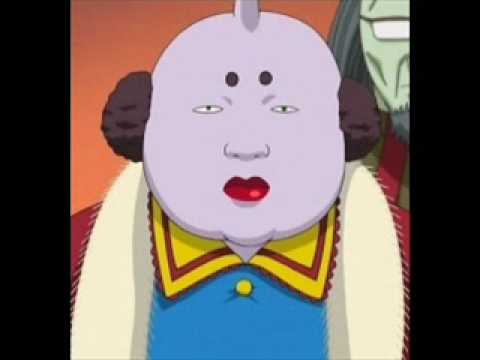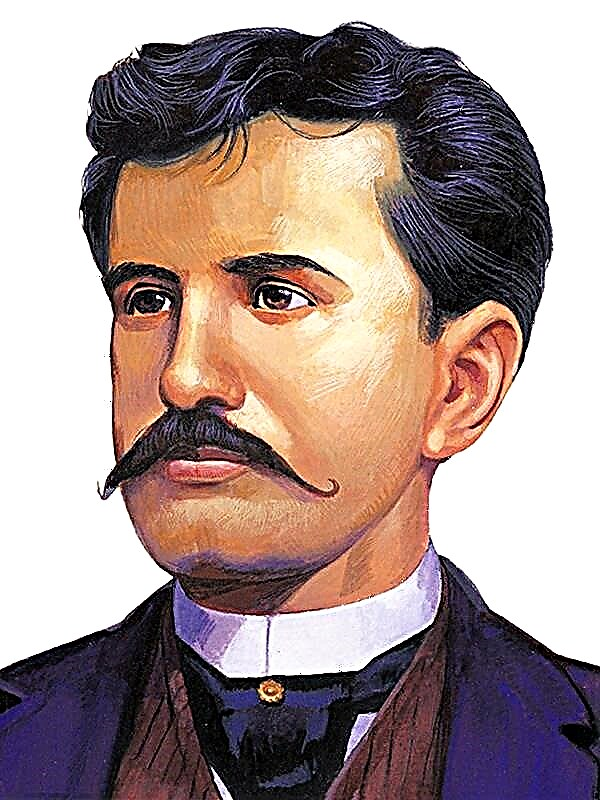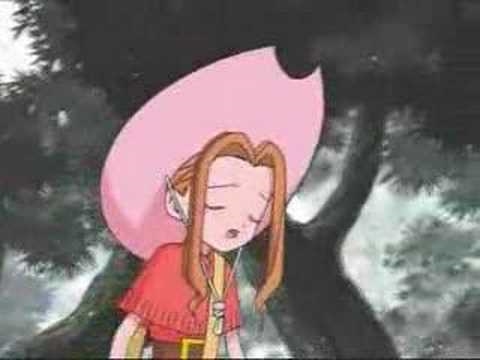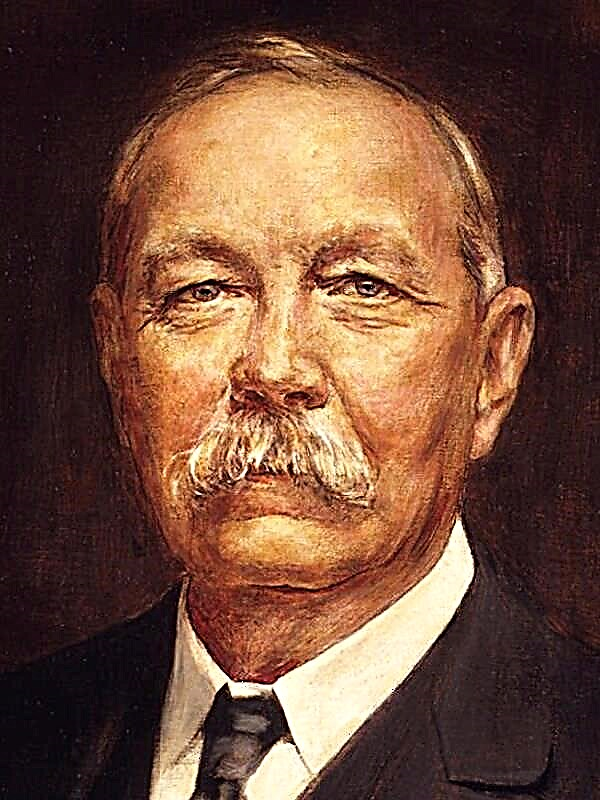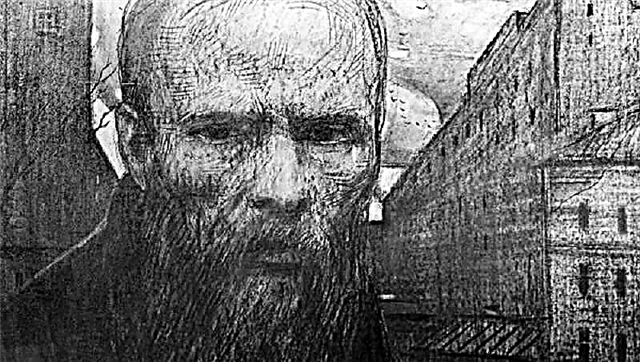(305 words) L. N. Tolstoy always opposed the noble society of his time. In almost every of his creations, we see how the writer condemns the evils of high society. This topic is also touched upon in the story “After the Ball”, using the example of Colonel B ..., whom the main character of the work Ivan Vasilievich once knew.
The first time we see a colonel at a ball, and his image makes the most favorable impression. Faithful son of the fatherland, educated and educated officer. Despite his advanced age, he looks fresh and healthy. The Colonel dances beautifully and is loved by all his noble acquaintances, while simplicity and modesty are characteristic of him. Even his boots were not made to order, but by a battalion shoemaker. He gives his unspoken blessing to Ivan Vasilievich and his daughter Vara. It would seem that we have before us one of the most positive characters of Tolstoy along with Prince Rostov or old Bolkonsky, but this is not so.
Already after the high-society event, the protagonist sees the colonel in the performance of his immediate official duties, and the image of the charming, venerable colonel, so gracefully dancing a mazurka with his daughter, is scattered. Before us is the scene of the punishment of a soldier for escaping. The unfortunate Tatar with his back broken in blood goes along the line of his colleagues, receiving merciless blows and praying for mercy. The colonel, until recently so amiable and courteous with Ivan Vasilyevich, demonstrates complete disregard for the suffering of a living person next to him. Moreover, the venerable colonel believes that the punished person suffers from insufficient suffering, and strictly reports to the soldiers who, in his opinion, are not sufficiently hit. The shock experienced by the protagonist from the contrast between a caring father and an inhumane soldier was so great that even recently, his beloved beloved Varia became unpleasant to him. After this incident, the very worldview of Ivan Vasilyevich changed dramatically, opening him a new look at the surrounding reality and human nature.
In his story, Tolstoy showed his reader the duplicity and falseness of the upper world, which, under the outward brilliance, refinement and culture, hides its true serfdom, which carries the oppression and suffering of the weak majority for the welfare of the privileged minority.

